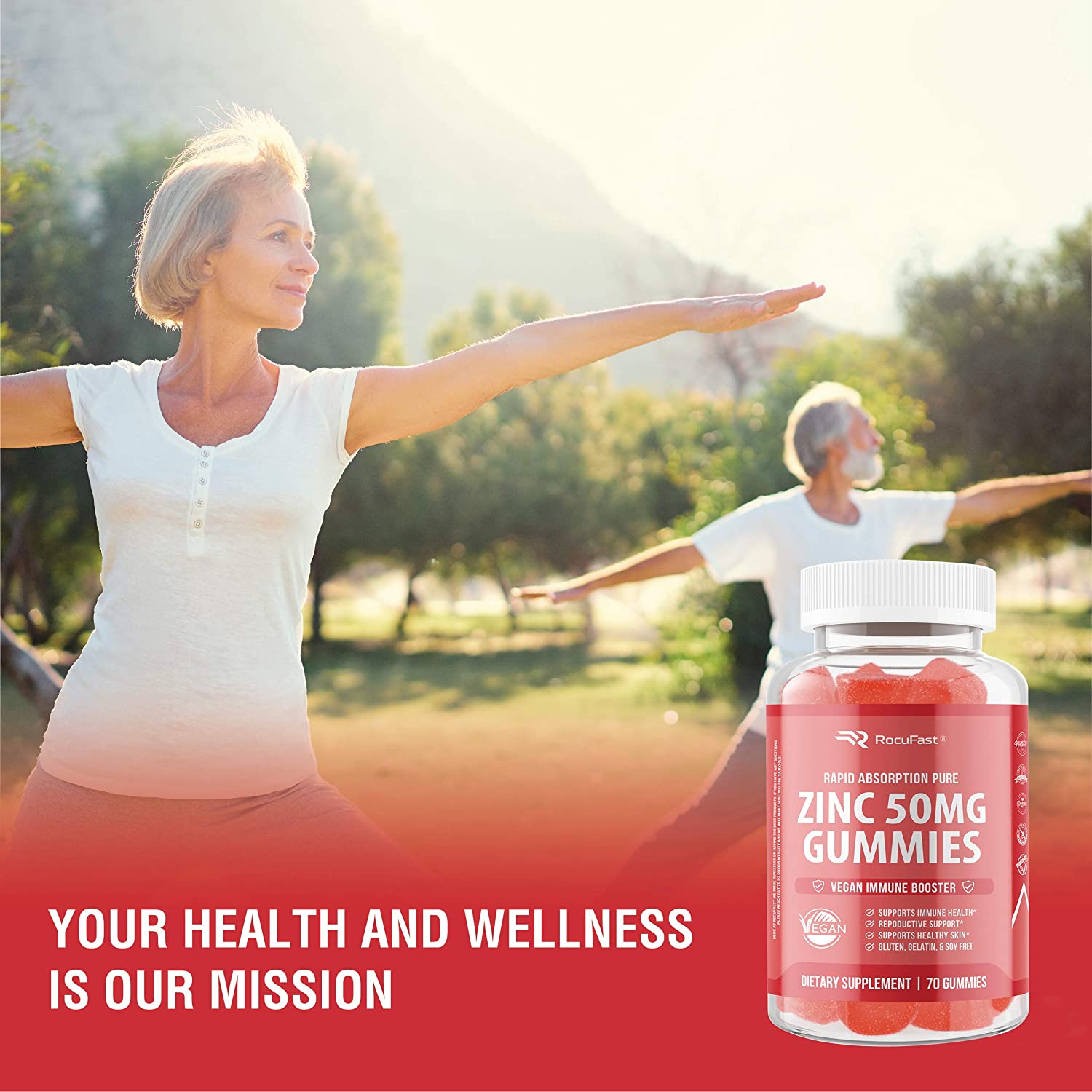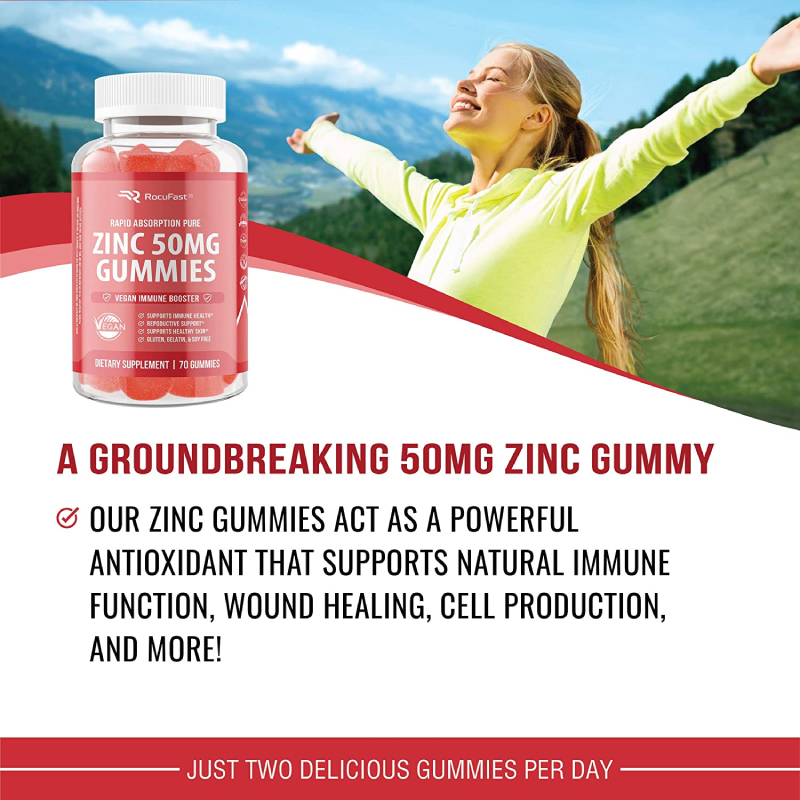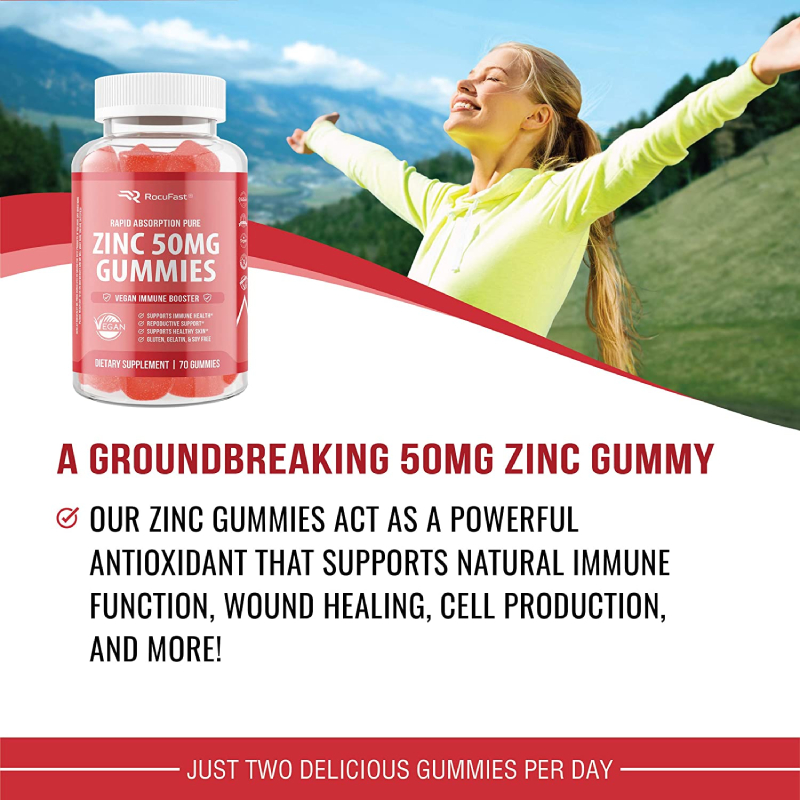Zinc is an important micronutrient that’s crucial to almost every aspect of your health. It’s second only to iron because the most abundant trace mineral in your body . Available in many various forms, zinc supplements are often wont to treat an array of ailments.
Research shows that this mineral may enhance immune function, stabilize blood glucose levels, and help keep your skin, eyes, and heart healthy.
This article reviews the kinds , benefits, dosage recommendations, and potential side effects of zinc supplements.
sorts of Zinc Supplements
When choosing a zinc supplement, you’ll likely notice that there are many various types available.These various sorts of zinc impact health in distinct ways.
Here are a couple of you would possibly find on the market:
- Zinc gluconate: together of the foremost common over-the-counter sorts of zinc, zinc gluconate is usually utilized in cold remedies, like lozenges and nasal sprays .
- Zinc acetate: Like zinc gluconate, zinc acetate is usually added to cold lozenges to scale back symptoms and speed up the speed of recovery.
- Zinc sulfate: additionally to helping prevent deficiency disease , zinc sulphate has been shown to scale back the severity of acne .
- Zinc picolinate: Some research suggests that your body may absorb this type better than other sorts of zinc, including zinc gluconate and zinc citrate.
- Zinc orotate: this type is sure to orotic acid and one among the foremost common sorts of zinc supplements on the market .
- Zinc citrate: One study showed that this sort of zinc supplement is as well-absorbed as zinc gluconate but features a less bitter, more appealing taste .
Because it’s one among the foremost widely available and cost-effective sorts of zinc, zinc gluconate are often an honest choice to help raise your intake without breaking your bank. However, if you’re ready to invest a touch more, zinc picolinate could also be better absorbed. Available in capsule, tablet, and lozenge form, there are many options to urge your daily dose of zinc , Zinc Vitamins — no matter the sort you select . However, confine mind that nasal sprays containing zinc are linked to loss of smell and will be avoided .
Potential Benefits
Zinc is significant for several aspects of health and has been related to a spread of advantages .
May Improve Immune Function
Dosage
How much zinc you ought to take per day depends on the sort , as each supplement contains a special amount of elemental zinc.
For example, zinc sulphate consists of about 23% elemental zinc, so 220 mg of zinc sulphate would equate to about 50 mg of zinc. This amount is typically listed on the label of your supplement, making it easy to work out what proportion you ought to fancy meet your daily needs. For adults, the recommended daily dosage is usually 15–30 mg of elemental zinc.
Higher doses are used for treating certain conditions, including acne, diarrhea, and respiratory infections. However, thanks to the potential side effects related to excess zinc consumption, it’s best to not exceed the upper limit of 40 mg per day — unless under medical supervision.
Many over-the-counter medications and natural remedies feature zinc thanks to its ability to spice up immune function and fight inflammation.
Zinc can also act as an antioxidant, helping reduce inflammation and protecting against chronic conditions, like heart condition , cancer, and diabetes .
One study in 50 older adults found that taking 45 mg of zinc gluconate for one year decreased several markers of inflammation and reduced the frequency of infections .
May Promote blood glucose Control
Zinc is documented for its role in blood glucose control and insulin secretion. Insulin is that the hormone liable for transporting sugar from your bloodstream to your tissues. Some research suggests that zinc may help keep blood glucose levels steady and improve your body’s sensitivity to insulin.
One review reported that zinc supplements were effective at enhancing both short-term and long-term blood glucose control in people with diabetes.
Other research shows that zinc may help reduce insulin resistance, which may improve your body’s ability to use insulin efficiently to take care of normal blood glucose levels .
Helps Fight Acne
Zinc supplements are often wont to promote skin health and treat common skin conditions like acne (18Trusted Source).
Zinc sulfate has been shown to be especially useful for decreasing symptoms of severe acne (4Trusted Source). Zinc supplements also are often favored over other treatment methods as they’re inexpensive, effective, and related to far fewer side effects .
May Improve Heart Health
Heart disease may be a significant issue , accounting for roughly 33% of deaths worldwide.
Some research shows that taking zinc may improve several risk factors for heart condition and should even lower triglyceride and cholesterol levels. A review of 24 studies found that zinc supplements helped decrease levels of total and “bad” LDL cholesterol , also as blood triglycerides, which could potentially aid in preventing heart condition .
Additionally, one study in 40 young women showed that higher intakes of zinc were linked to lower levels of systolic vital sign (the top number of a reading) .
However, research evaluating the consequences of supplements on vital sign is restricted .
Other research suggests that low levels of serum zinc could also be related to a better risk of coronary heart condition , but findings remain inconclusive .
Slows degeneration
Macular degeneration may be a common disease and one among the leading causes of vision loss round the globe . Zinc supplements are often wont to slow the progression of age-related degeneration (AMD) and help protect against vision loss and blindness.
However, other studies within the review suggested that zinc supplements alone might not produce significant vision improvements and will be paired with other treatment options to maximise results .
Top Benefits of Zinc
Safety and Side Effects
When used as directed, zinc supplements are often a secure and effective thanks to increase your zinc intake and improve several aspects of your health. However, they need been related to adverse side effects, including nausea, vomiting, diarrhea, and stomach pain .
Exceeding 40 mg per day of elemental zinc can cause flu-like symptoms, like fever, coughing, headache, and fatigue .
Zinc also can interfere together with your body’s ability to soak up copper, potentially resulting in a deficiency during this key mineral over time.
Furthermore, zinc supplements are shown to interfere with the absorption of certain antibiotics, reducing their effectiveness if taken at an equivalent time.
To reduce your risk of side effects, stick with the recommended dosage and avoid exceeding the tolerable upper limit of 40 mg per day — unless under medical supervision.
If you experience any negative side effects after taking zinc supplements, decrease your dosage and consider consulting together with your healthcare professional if symptoms persist.
Zinc may be a mineral essential to several aspects of health.
Supplementing with 15–30 mg of elemental zinc daily may improve immunity, blood glucose levels, and eye, heart, and skin health. make certain to not exceed the upper limit of 40 mg. Zinc’s side effects include digestive issues, flu-like symptoms, and reduced copper absorption and antibiotic effectiveness. Zinc supplements are widely available online, at your local health store, or pharmacy. Plus, if you would like to undertake and increase your zinc intake through your diet, many foods are rich during this mineral, like nuts, seeds, legumes, meat, seafood, and dairy.



